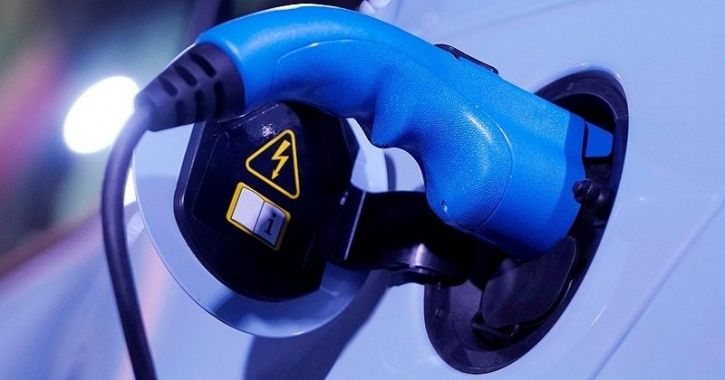In an effort to fight the rising air pollution in the Indian cities, the union government has made changes to the law, now allowing people to convert their IC engine into electric or hybrid ones through aftermarket retrofit kits.
The move comes soon after 15 Indian cities were named on the list of 20 most polluted cities across the globe. The decision will compliment the government’s plan of EV adoption, mostly to curb the emissions from gasoline vehicles, now also reducing the existing number of such polluting vehicles and propelling them through electric drivetrains instead.
As per an HT report, a senior official at the ministry of road transport and highways said, “In order to give a boost to hybrid electric and electric vehicles, we have issued a notification providing specifications and a better mechanism for all cars to be converted. It will also help in reducing vehicular emissions.” The official further added that the ministry had also clarified retrofitting specifications for vehicles with hybrid electric or pure electric systems.

(Representative Image: Reuters)
Also read: Volkswagen In Trouble With Rs 500 Crore Penalty By NGT For Installing ‘Cheat Devices’ In Its Cars
To enable the initiative, the ministry revised the Central Motor Vehicles Rules, 1989, allowing retrofitting of existing vehicles with electric kits or electric battery-operated systems. The new guidelines and specs around the retrofitting are divided into three categories: pure electric conversions for all classes of vehicles, hybrid conversions for vehicles weighing up to 3.5 tonne and hybrid conversion for vehicles above 3.5 tonne.
While the amendment is only expected to have positive impacts, both for those opting for the retrofitting as well as the environment, experts warn that the process might prove to be costly for the users. For the retrofitting, components like the engine of the conventional vehicle will have to be replaced with an electric drive-train. The transition, however, should be easier in a hybrid vehicle in comparison.

(Representative Image: Reuters)
Also read: Remember The Gypsy? After 33 Glorious Years, Maruti Suzuki Has Discontinued The Iconic SUV
The amendment will also open up business opportunities for several aftermarket players in this segment. Back in November, E-trio Automobiles, a Telangana based start-up became India’s first ever ARAI approved company for such retrofitted car kits.
Recently, PM Modi led cabinet also approved the National Mission on Transformative Mobility and Battery Storage (NMTMBS) for a Phased Manufacturing Programme (PMP) of EV batteries. Through this, the cabinet aims to set up an indigenous battery production which will in turn help increase the EV adoption in the country.
